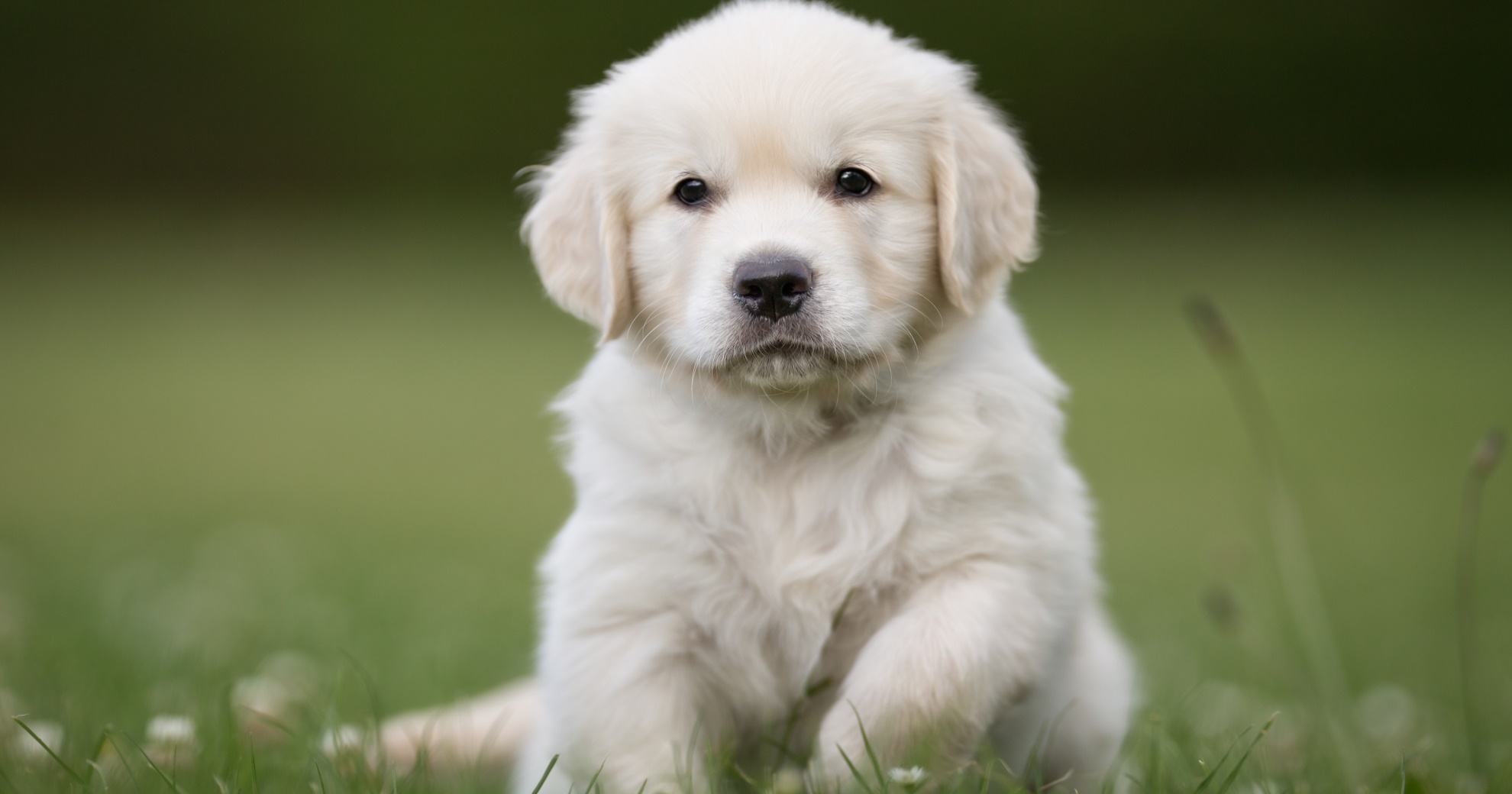HEALTH & WELLNESS

VOTING BOOTH

TRENDING

LIONS FOUNDATION OF CANADA DOG GUIDES
Lions Foundation of Canada Dog Guides and its founding program, Canine Vision Canada, was established in 1983. It’s the largest school of its kind in Canada with its training school in Oakville and breeding facility in Breslau.
Be a Good Puppy Owner, Don’t Miss Vaccinations

It’s probably safe to say that very few things compare to literal puppy love. Puppies are fluffy, smell amazing and look adorable. The appeal is obvious, but the motivation for getting a puppy is not always acceptable.
WHAT IT TAKES TO BE A GOOD PUPPY OWNER
Dogs are incredible companions with unlimited potential to love. They also have the ability to bring abundant joy.
They deserve love, attention, training, quality time and physical care and therefore getting a puppy should be a conscious decision. You should be able to commit to taking care of your dog, for the rest of its life, to the best of your ability. A big part of this is to keep them disease-free and as healthy as possible.
PUPPY VACCINES: BASIC HEALTHCARE
Unless there’s a medical reason not to proceed, all puppies should be vaccinated against the following dangerous dog diseases:
DISTEMPER
Highly contagious viral disease that affects the lungs, gut and brain.
ADENOVIRUS
A common, contagious disease of the respiratory tract that causes mild fever, oculonasal discharge, coughing and poor weight gain.
PARVOVIRUS
A very common and deadly viral disease. Vaccination against this virus is critical.
PARAINFLUENZA
An infectious viral disease that affects the lungs (one of the causes of kennel cough).
RABIES
A fatal viral infection that affects the central nervous system. In Canada, rabies vaccination is required by law in most provinces.
Ask your veterinarian about non-core vaccines that are recommended for many dogs based on their lifestyle, location and risk of exposure.
VACCINATION SCHEDULE FOR PUPPIES
INITIAL VACCINATION: Dogs < 16 Weeks
At least 3 doses of a combination vaccine (against distemper, adenovirus, parvovirus and parainfluenza) between 6 and 16 weeks, 2 – 4 weeks apart.
For example, at 6 – 8 weeks, 10 – 12 weeks and 14 – 16 weeks.
REVACCINATION
A single dose of a combination vaccine within 1 year following the last dose in the initial vaccination series. Then, administer subsequent boosters at intervals of 3 years.
Rabies: As required by law.
This schedule was created to protect the widest range of dogs.
Determining when a puppy’s immune system will respond ideally is only possible if and when each puppy is tested individually. Some dogs may not respond to vaccines; others get revaccinated after already responding (developing protection); others may need a customized protocol.
If you are unsure of your puppy’s needs, discuss the best course of action with your veterinarian.
WHY DO PUPPY VACCINATIONS NEED TO BE REPEATED?
There are three reasons.
- Puppies get some protection from their mom’s antibodies in the womb and through milk, but these ‘baby antibodies’ fade over time. Repeat vaccinations help their own immune systems develop.
- Puppies’ immune systems are still immature and take time to learn to fight different diseases. Each vaccination ‘teaches’ the body how to respond to specific illnesses.
- Building strong immunity often requires more than one dose of a vaccine. Revaccination helps create long-lasting protection and ensures the immune system remembers how to defend against the disease.
NEED TO KNOW
- Puppies need to be healthy when vaccinated (vaccines cannot heal sick puppies).
- Vaccines cannot completely prevent your puppy from getting a disease (it only offers resistance).
Related Articles








